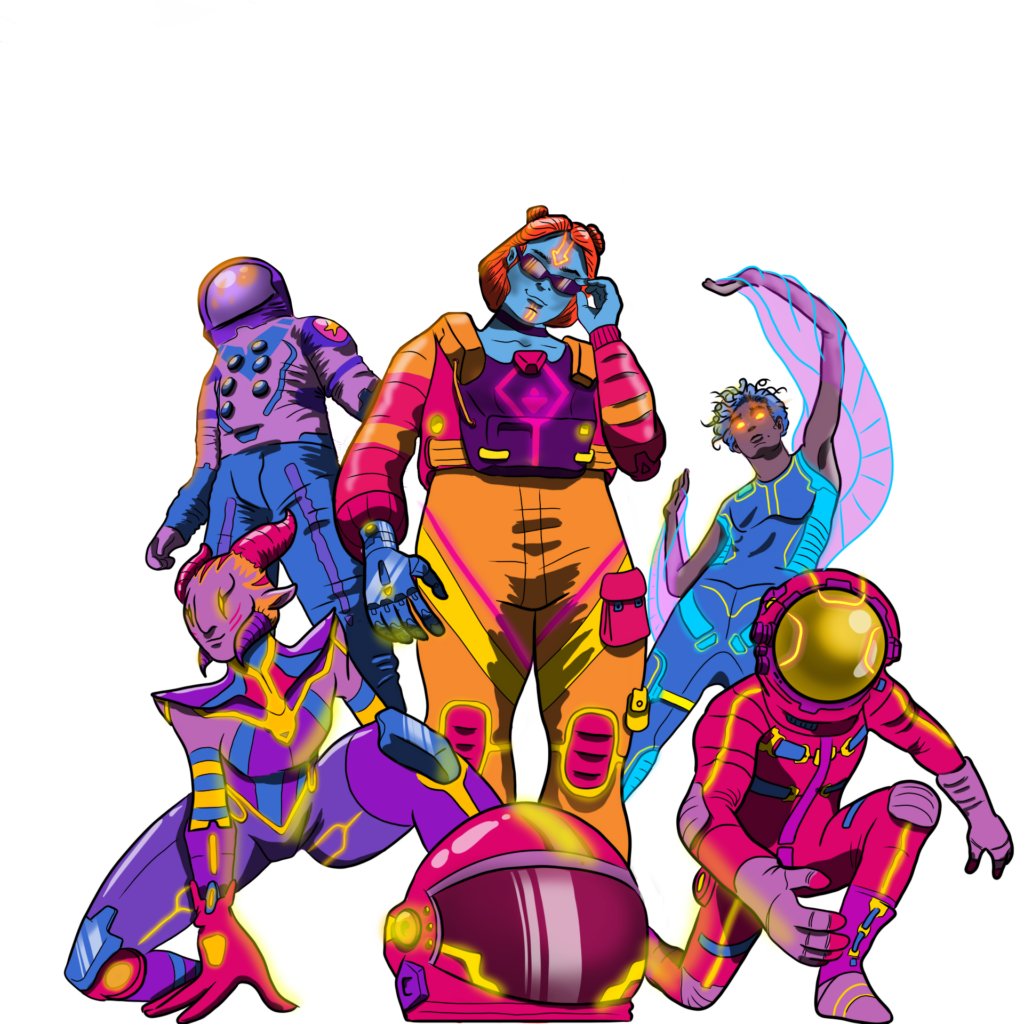As part of our “Building Resilient Multicultural Teams for the Future of Work” blog series, we asked Ozgur McDonald, coordinator of the Turkish LQA team, to share how her team focuses on trust and partnership to forge a sense of belonging and accountability.
What role does empathy play in building trust within your team?
Empathy is fundamental to building and earning trust within our team. I would argue that being empathetic is even more critical within a remote team scattered across the globe. In a traditional office environment, you physically interact with your colleagues on a daily basis and have the opportunity to pick up on subtle behaviors that may clue you into their state of mind or general well-being. As part of a distributed team, where you are often communicating through chat messaging and email, you lose the ability to pick up on these indicators.

Because of this, every day I make it a point to check in with my colleagues to find out how they are feeling, both personally and professionally. When assigning tasks, I always ensure that they are comfortable with them. In cases where someone runs into difficulty, I always let them know that they can reach out to me for support.
It is vitally important for me that we all support each other to make sure that we do not work in silos or feel isolated. Communication channels are always open between all team members, and I encourage everyone to both ask for and provide support.
By avoiding the creation of isolated working silos, by involving team members in decision making and by encouraging regular and open communication amongst the team, I believe that an environment of empathy can be successfully established. If we start with empathy, we can earn one another’s trust and create an environment in which all team members can rely on each other through both the good times and the tough times.
In your experience, what are some common barriers to building trust within multicultural teams, and how do you overcome them?

I would begin by saying that trust is built within any team when everyone feels respected, recognized and valued by their teammates. A common barrier to building trust within multicultural teams is a tendency to not associate with members outside of your linguistic group. To counter this natural tendency, I think it is important to provide initiatives that help to break down any perceived culture barriers between teams through collaboration.
Distributed teams create a new set of challenges that are not present in traditional team environments, but by leveraging modern collaborative platforms and tools, it is possible to foster an environment of effective collaboration and teamwork. We regularly take part in weekly play sessions where all team members from all the localization teams have the chance to get together and bond.
Additionally, we are pioneering a new approach for paired testing. There are certain test cases that require paired testing with colleagues to effectively execute the test scenarios. In these cases, we pair up with a colleague from a different language team, which further enhances trust and understanding amongst our multicultural teams.
Can you discuss the importance of accountability in fostering trust within a remote team setting, and how you ensure it is upheld?
I believe it is a critical factor in a project’s success. Accountability is upheld within our remote teams through responsibility and ownership. Teams take pride in their tasks and understand how failures will impact team members downstream and upstream. Teams are empowered to resolve issues themselves and are also provided with the resources needed to escalate issues when external input or support is required. Maintaining the transparency of the issue resolution life cycle is essential to ensuring that all team members are aware of any failures.
How do you navigate situations where trust has been compromised within the team, and what steps do you take to rebuild it?

Transparent and open communication is fundamental to creating trust. When trust has been compromised, it is equally critical to have transparent and open communication to begin the process of rebuilding and regaining it.
The reasons for which trust has been compromised must be identified, acknowledged and discussed honestly. A transparent plan should be outlined and agreed to by all parties. This plan should address the initial trust breaking concerns and put measures in place to ensure such issues will not occur again in the future.
It is important to remember that it takes a long time to earn trust and only a short time to lose it. The road to regaining trust will also take a long time to travel, but with acknowledgment, transparency and improvement it can be successfully traversed.
How do you create an environment where team members feel comfortable expressing their thoughts, concerns, and ideas openly, particularly in one-on-one discussions and feedback sessions?
In order to achieve this, it is very important to move beyond the antiquated concept of blame culture. All colleagues, myself included, are always learning. We are continually solving new challenges and there will be times where particular problems could have been resolved in more efficient ways or perhaps even occasions where mistakes are made.
By avoiding reductive blame culture and instead focusing on an iterative feedback cycle with well-defined growth paths, it is possible to foster an environment where team members can feel comfortable expressing their thoughts in an open and safe manner.
What do leaders need to know to communicate effectively and help their teams navigate through turbulent times?

Being honest, clear and empathic is important when handling this kind of difficult situation. In the post-layoff environment, it is important to understand and recognize that, for the colleagues that avoided the layoffs, there is still some residual stress and trauma. It is even more critical than ever to consider the human element when interacting with colleagues and ensure that you are engaging in the most personal and empathetic way that you can.
As unfortunate as this kind of situation is, for the colleagues that remain, the show must go on and there are customer deliveries that must be made. During these times it is important to provide strength and direction to your team. Also, priorities might need to be reassessed. As always, transparent communication is key here and often these concerns can be addressed with customers to ensure alignment on the preferred approach.
And finally, I believe it is important to remain flexible, to adapt to the new reality. Adjust your ways of working and processes so that you can focus on the strengths of each teammate and bring them to the fore.

Ozgur McDonald is an LQA (Localization Quality Assurance) Tester with 6 years of experience in the video game industry. She holds a Bachelor’s degree in Journalism and Communication and is a published author with articles appearing in various national Turkish newspapers. Ozgur’s journey with Terra Localizations began in 2022, when she joined us as an LQA Specialist and she now serves as the Coordinator of the Turkish LQA team.
